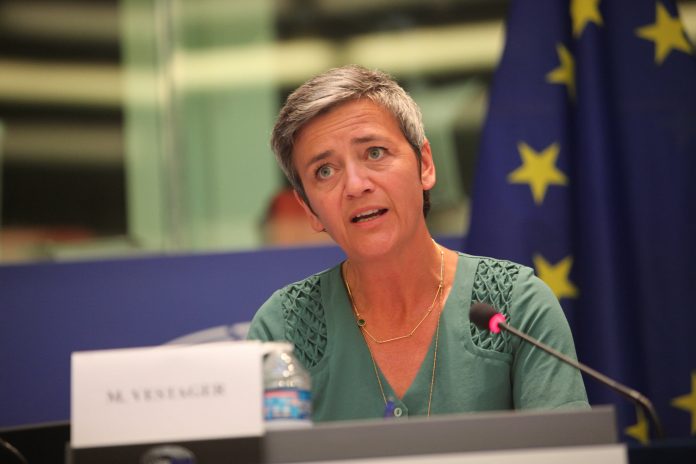A formal investigation has been launched by the European Commission to determine whether supply agreements between Qatar Petroleum companies exporting liquefied natural gas (LNG) and European importers have hindered the free flow of gas within the European Economic Area (EEA), in breach of EU antitrust rules.
“Energy should flow freely within Europe, regardless of where it comes from,” said Commissioner Margrethe Vestager, in charge of competition policy. “We have opened an investigation to look at whether there are problematic territorial restriction clauses in gas supply contracts with Qatar Petroleum. Such clauses may harm competition and prevent consumers from enjoying the benefits of an integrated European energy market.”
Qatar Petroleum is the largest exporter of LNG globally and to Europe, controlling several companies that produce and export LNG to Europe.
According to the Commission, it will further investigate whether Qatar Petroleum’s long-term agreements (typically 20 or 25 years) for the supply of LNG into the EEA contain direct and/or indirect territorial restrictions.
Certain clauses contained in these agreements appear to, directly or indirectly, restrict the EEA importers’ freedom to sell the LNG in alternative destinations within the EEA. For example, some contractual clauses prevent any diversion of cargoes to another destination or restrict the territories to which diversion can take place or the volumes that can be diverted. As a result, these clauses may unduly limit the free flow of LNG sold by Qatar Petroleum in the EEA, segmenting the EU’s internal gas market.

